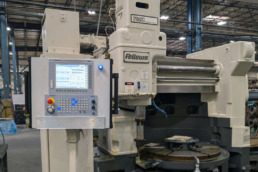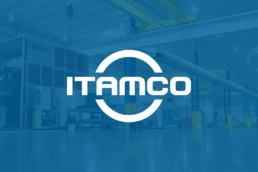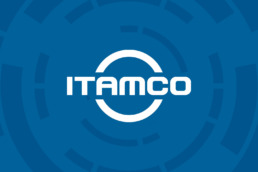June 18, 2025
ITAMCO Invests in Employees and NUM CNC Technology
ITAMCO shows its commitment to technological advancement and employee development through a renewal project for a Fellows 36-6 gear shaping…
June 10, 2025
Joel and Mark Neidig Honored With ACG Indiana Small Cap Value Award
Joel and Mark Neidig, Co-Chief Executive Officers of ITAMCO, have been honored with the ACG Indiana Annual Small Cap Value Award
January 15, 2025
ITAMCO Announces New Co-CEOs
ITAMCO, a leader in gear manufacturing and advanced manufacturing technology, announces Mark Neidig and Joel Neidig as co-CEOs
October 2, 2024
ITAMCO Becomes 100 Percent Employee-Owned
ITAMCO is pleased to announce that it has become a 100% employee-owned company through the creation of a new Employee Stock Ownership Plan.
September 17, 2024
ITAMCO Interns Receive AGMA Foundation Grants
Two of ITAMCO interns, Henry Aiden Ford and Tyler Stiger, receive AGMA Foundation Grants for students pursuing careers in the gear…
July 9, 2024
Direct Lithium Extraction Technology
Efficient, sustainable methods to harvest lithium has given rise to Direct Lithium Extraction technology of which ITAMCO is a pioneer.
May 1, 2024
Joel Neidig to Deliver Keynote Address at AI in Manufacturing Workshop Series
Joel Neidig, Director of R&D at ITAMCO, is set to deliver the keynote address at the upcoming AI in Manufacturing Workshop Series hosted by…
April 3, 2024
Revolutionizing Potash Mining: ITAMCO’s Advanced Gear Manufacturing Elevates Continuous Boring Miners
ITAMCO's cutting-edge gear technology is reshaping the landscape of potash mining, particularly in the realm of Continuous Boring Miner…







